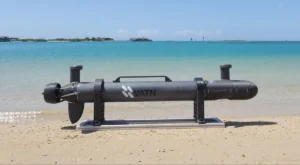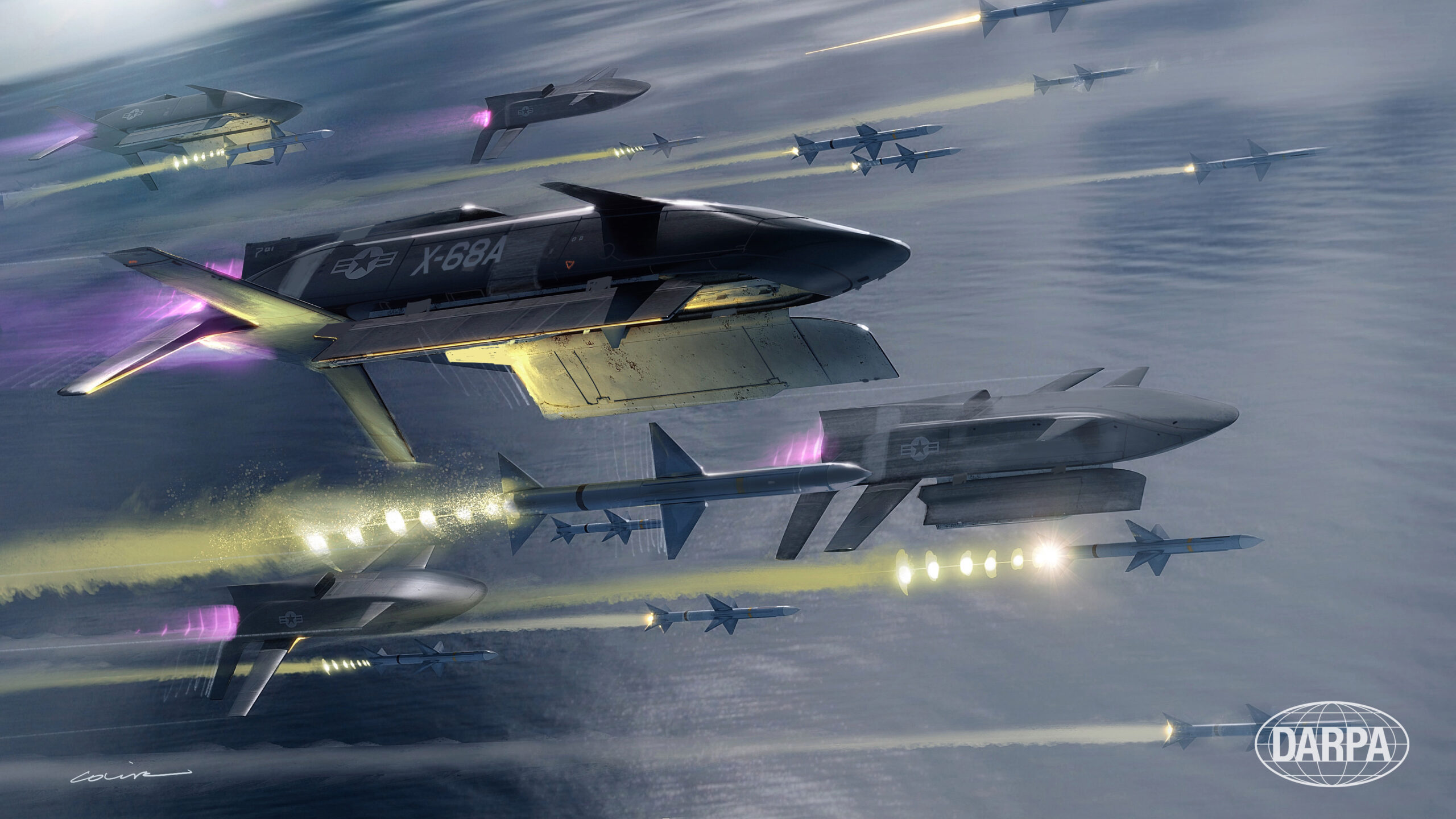Having launched a revolutionary 155mm ramjet extended-range precision guided ballistic munition – dubbed Secptre – on the defence domain in May this year, Tiberius Aerospace has “evolved the capability at pace through a series of high tempo live firing and synthetic test cycles,” according to the company’s Chief Strategy Officer, Andy Baynes.
Founded just three years ago, Tiberius applies the ‘Silicon Valley’ experience of its founders to developing innovative technological and commercial solutions for defence authorities. Sceptre is just one of the solutions to be seen at DSEI this year (stand Trinity 003) – the company will also be showcasing Grail – the newly-launched supply chain management and planning tool, on which DA will report later in the week.
The Sceptre round will achieve speeds of up to Mach 3.5, altitudes of 65,000 feet (beyond the range of conventional jammers) and an extended range of up to 150km, the company claims. Coupled to a circular error probability of under 5m, compared to over 100m for conventional tube artillery, the munition could offer a quantum leap in capability at a point that the lessons of precision artillery fire are being relearned every day on the battlefields of Ukraine.
The UK MoD has now grasped the nettle firmly and become effectively the launch customer for Sceptre. Although details of the contract have not been made public, the award caters for rapid trials and development of the munition. Previous information released by Tiberius indicates their “Defence-as-a-Service” concept involves the award of licenses to government authorities – the upfront payment of $5 million for manufacturing rights, followed by an annual ‘subscription’ of $2.5 million to retain ‘membership’ and receive continual updates. Manufacturing can then take place in-country, using national industrial assets and supply chains. It is not currently clear whether the current UK MoD contract may be a precursor to a similar procurement plan.
DA Comment
The 150km range of the Sceptre and its claimed degree of accuracy will be major attractions for capability requirements managers and operational planners. However, the proprietary just-in-time multi-fuel liquid propellant solution may impose constraints on operations that some forces may find difficult (though not impossible) to accept. DA will be pursuing this aspect with the company during DSEI. The innovative “Defence-as-a-Service” approach to the procurement challenge is an interesting departure from the norm and worthy of continued discussion.
Caption: Sceptre is in full scale development, partially funded by a new UK MoD contract for “rapid trials and development”. (Resilience Media)








